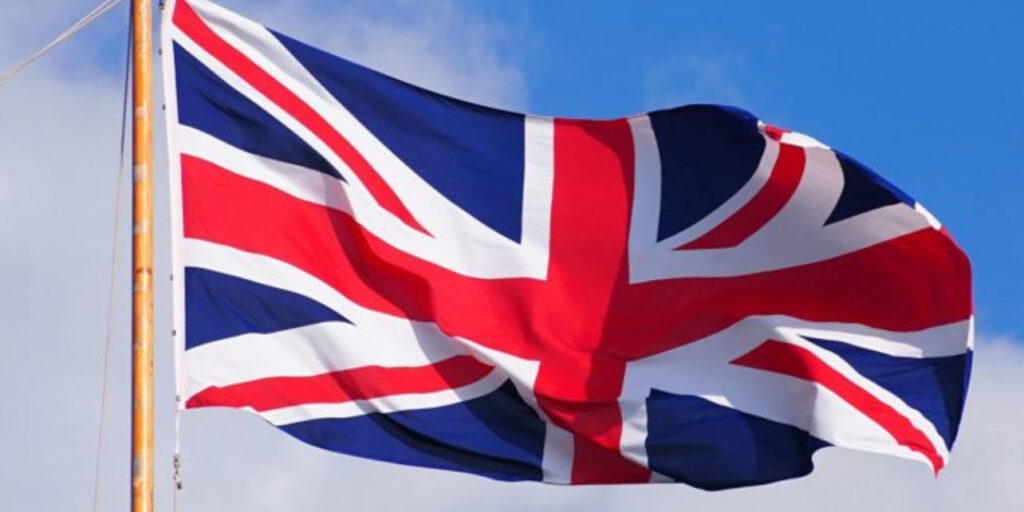The UK Emissions Trading Scheme (UK ETS) Authority has announced plans to expand the scheme to address emissions from the maritime sector and recognize non-pipeline methods of transporting captured carbon dioxide to geological storage. This initiative aligns with the UK’s ongoing efforts to decarbonize its economy and incentivize industries to adopt cleaner practices. Two consultations have been launched to gather input on the implementation and future scope of these proposals.
The first consultation focuses on integrating maritime emissions into the UK ETS starting in 2026. This involves defining what constitutes a domestic voyage under the scheme and setting thresholds for ships that will be included. The consultation also proposes specific exemptions, such as those for Scottish island communities, and considers including additional greenhouse gases like methane and nitrous oxide. Furthermore, it explores how the scheme’s expansion might interact with existing regional and international emissions pricing mechanisms.
The second consultation addresses the recognition of non-pipeline transport methods for captured carbon dioxide, such as shipping, road, and rail. Under the proposed changes, emitters using these methods to move captured carbon to permanent geological storage would not be required to pay carbon prices for successfully stored emissions. This approach aims to encourage innovative carbon storage solutions while minimizing financial burdens on emitters.
The UK ETS Authority seeks to adjust the scheme’s emissions cap to include maritime emissions while assessing regulatory requirements for operators. This includes establishing monitoring, reporting, and verification processes, as well as analyzing the potential impacts on decarbonization goals, distributional consequences, and risks of carbon leakage. The consultations also invite feedback on future expansions of the scheme to cover additional maritime emissions, with plans to revisit thresholds and possibly include international shipping routes.
Launched in 2021, the UK ETS plays a pivotal role in reducing emissions across sectors such as aviation, power, and industry. By setting a cap on emissions and enabling trading of allowances, the scheme creates a financial incentive for businesses to reduce their carbon footprint. Expanding the scheme to the maritime sector will require businesses operating domestic shipping routes to acquire allowances for every tonne of carbon they emit. This measure aims to ensure that the environmental costs of fuels used in maritime operations are accurately reflected, further promoting cleaner practices within the sector.
This move follows calls from environmental organizations, including Transport & Environment (T&E), urging the UK government to incorporate maritime emissions into the UK ETS. By addressing this gap, the scheme would align with broader efforts to tackle greenhouse gas emissions and strengthen the UK’s commitment to combating climate change.
The proposed expansions demonstrate the UK ETS Authority’s dedication to advancing decarbonization across all sectors while maintaining its leadership in global climate initiatives. Stakeholders and industry participants are encouraged to contribute to the consultations, shaping the future of carbon pricing and emissions reduction strategies in the UK.


